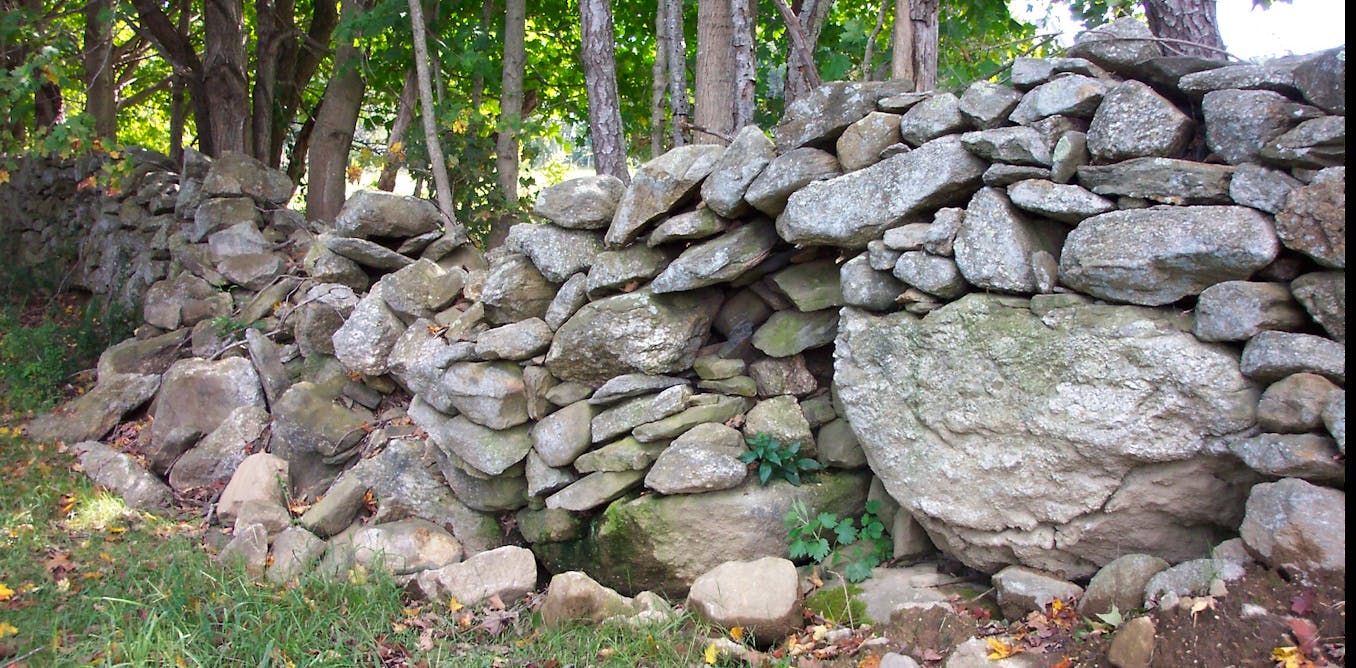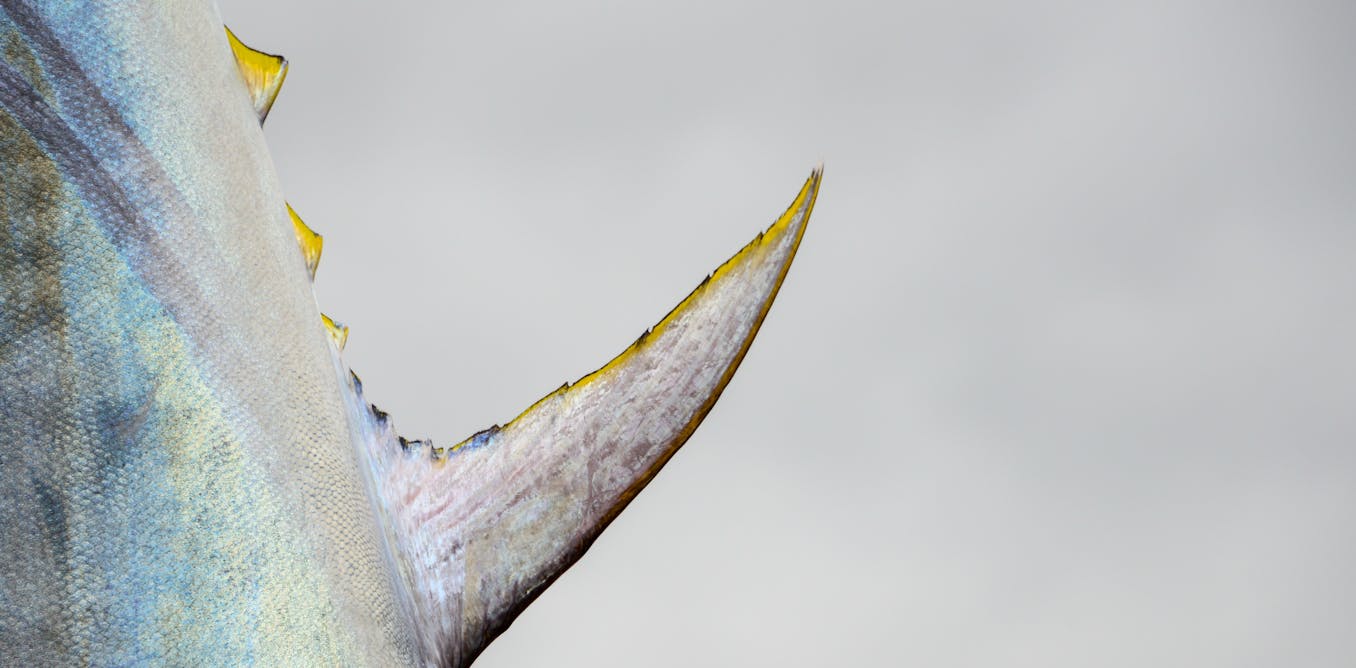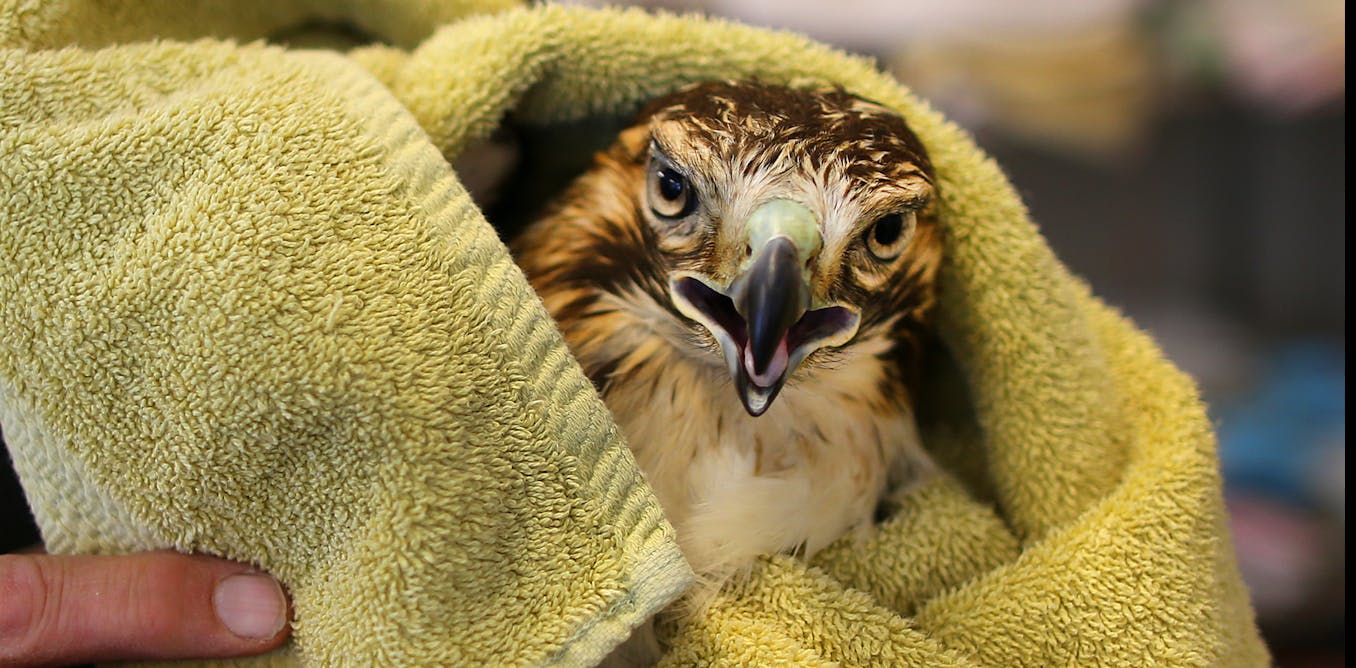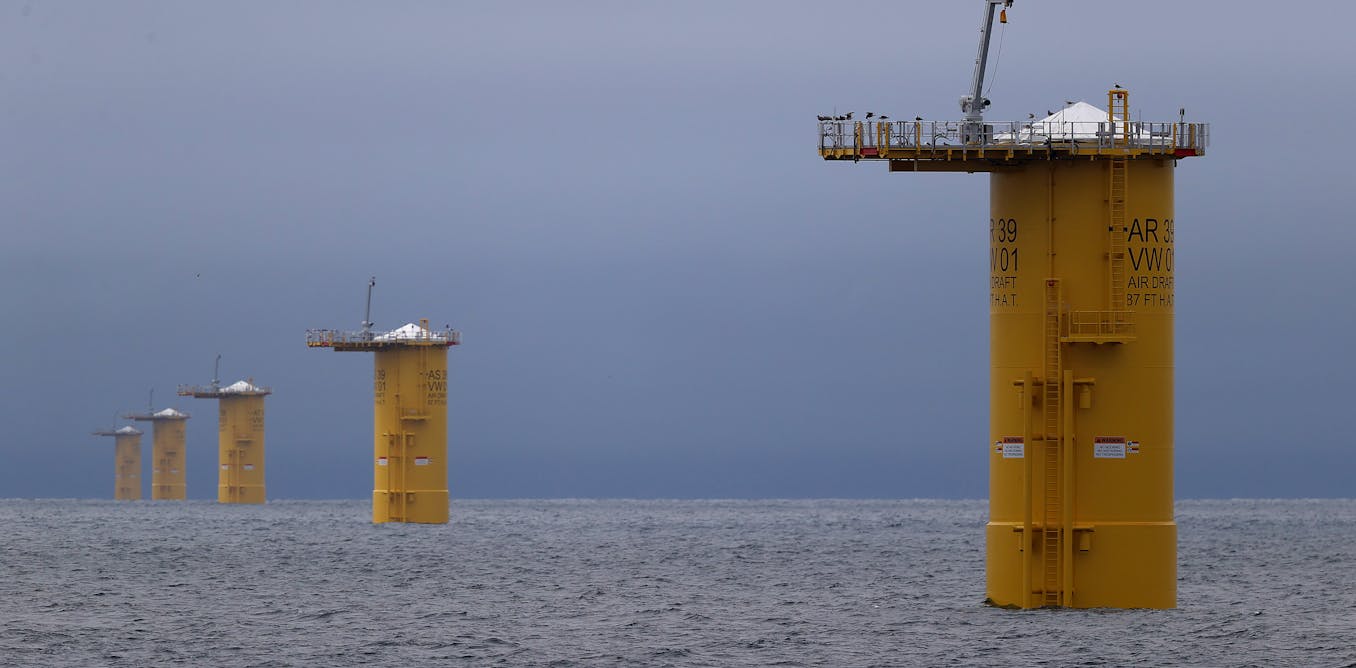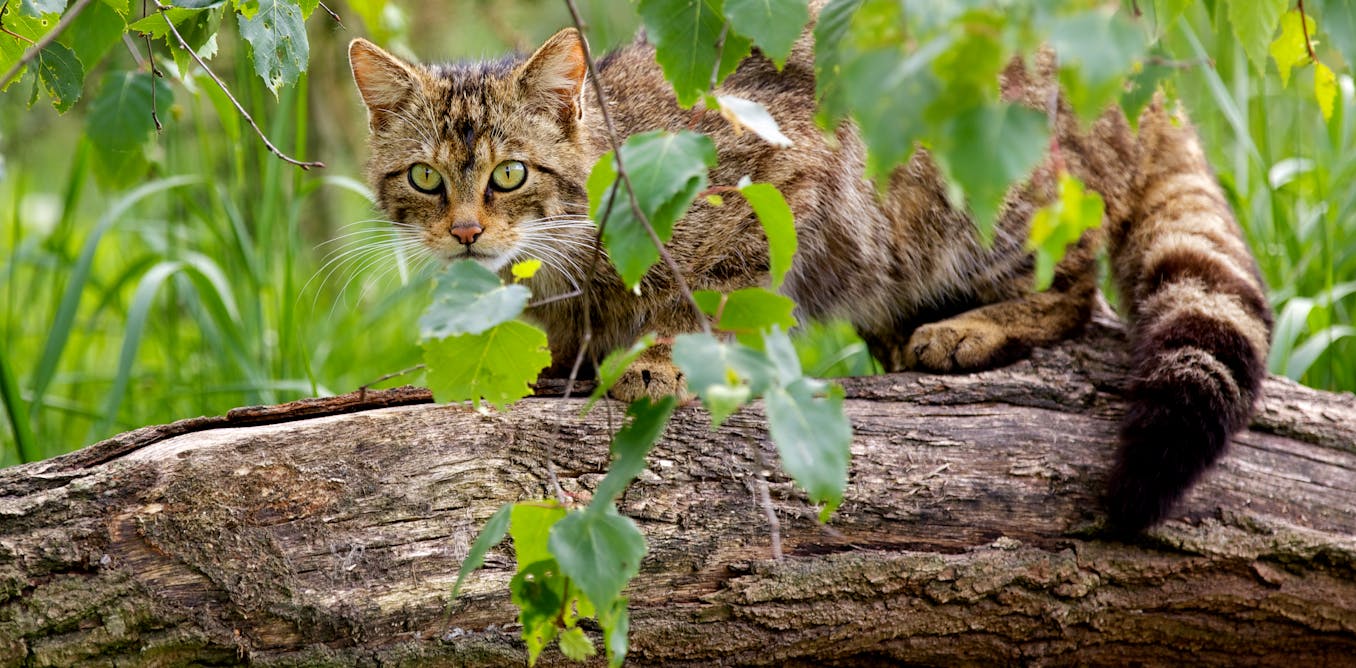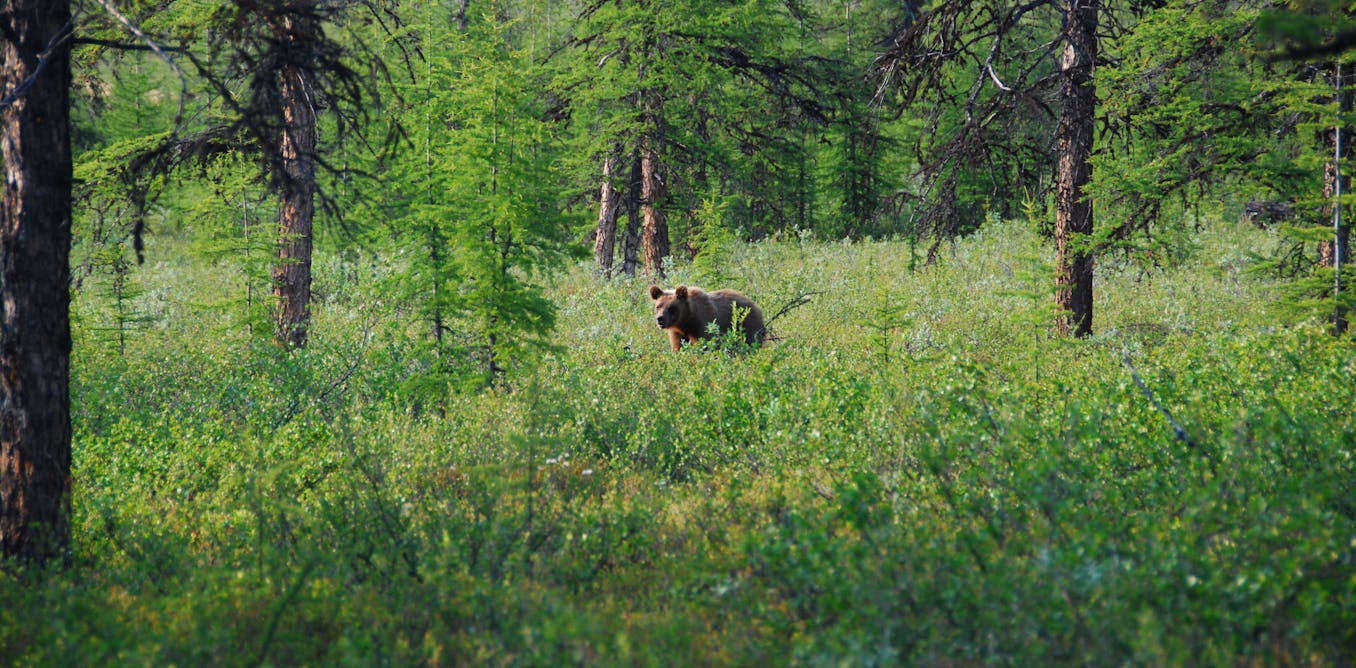New England stone walls lie at the intersection of history, archaeology, ecology and geoscience, and deserve a science of their own
New England has thousands of miles of stone walls. A geoscientist explains why analyzing them scientifically is a solid step toward preserving them
Dec. 4, 2023 • ~10 min

